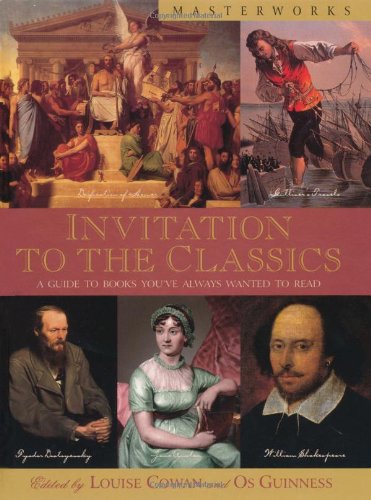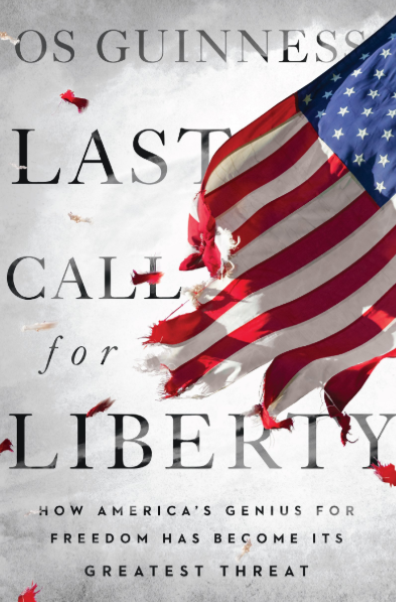There must be something more to life.
The modern world is a place of great distraction, and it can be difficult to make sense of our human existence. But at some point in our lives, we may experience particular moments that prompt us to search for something deeper. Sociologist Peter Berger described these hints and clues as “signals of transcendence” that awaken us to unseen realities.
Os Guinness tells stories of people who experienced signals of transcendence and followed them to find new meaning and purpose in life. Notable figures such as Leo Tolstoy and C. S. Lewis as well as lesser-known individuals experienced a variety of promptings that signaled to them that life could not continue as they had thought. Through unsatisfied longings or disillusionments that yet yielded glimpses of beauty or joy, these moments drew people toward epiphanies of transformation. And the same can be true for us, should we have the courage to follow the signals wherever they may lead.
Listen for the signals. And discover what more awaits those with ears to hear.



